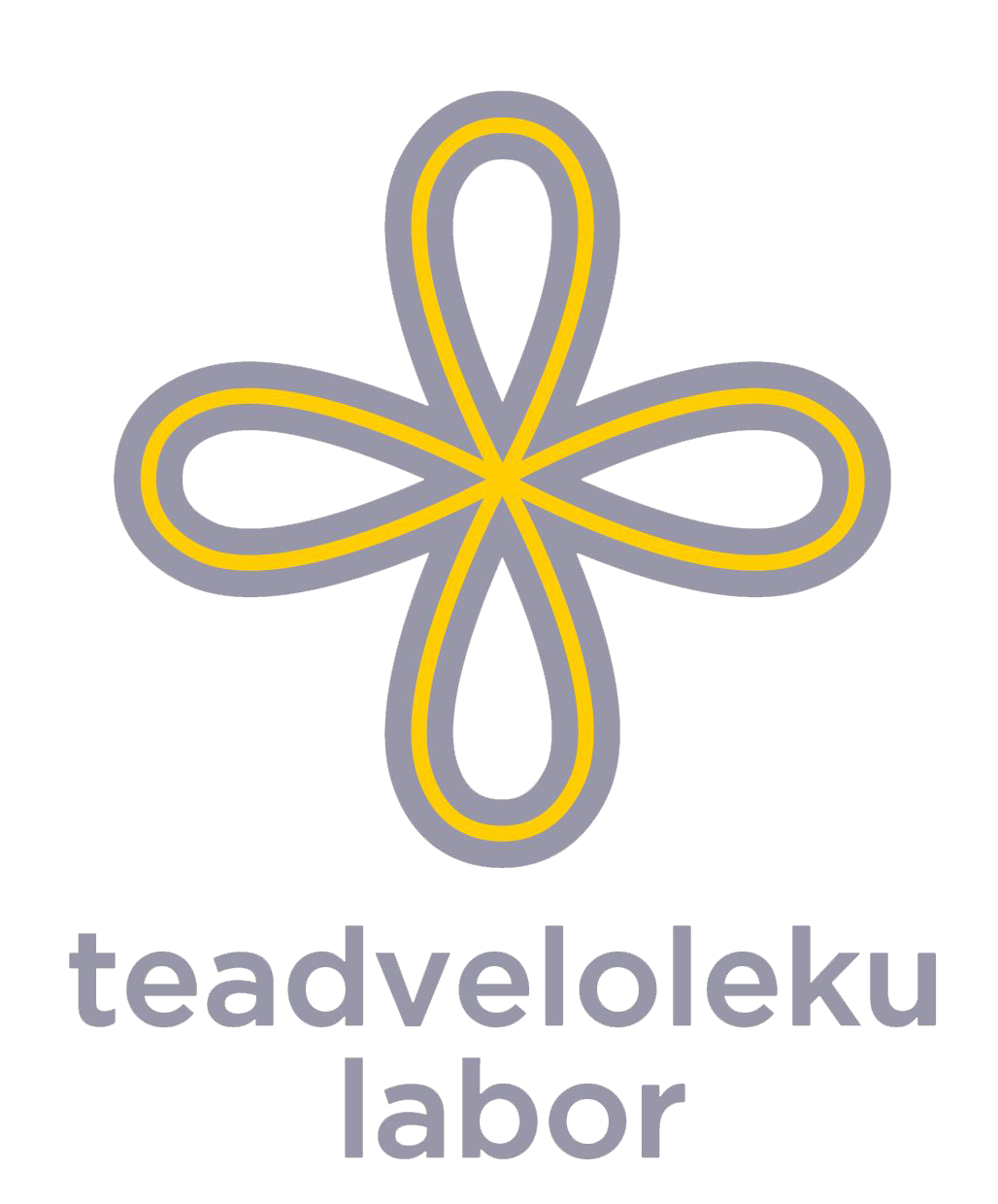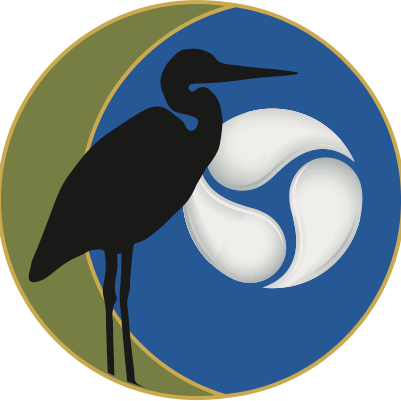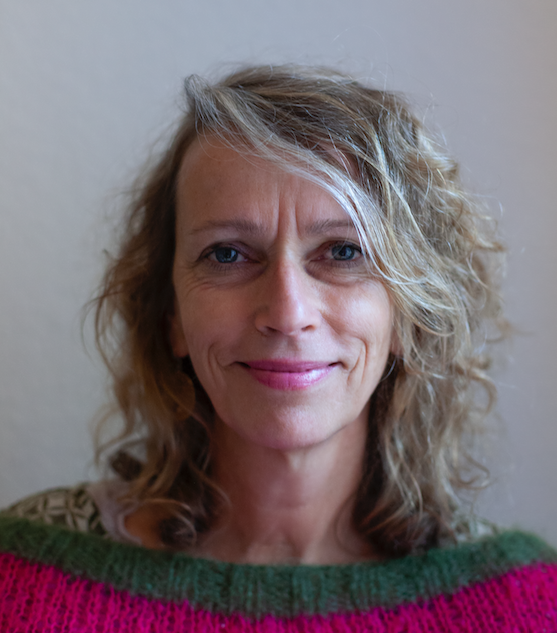Mida tähendab avatud väljaõpe?
Töötoas osalemist võib võtta eraldiseisva kogemusena, mis ei eelda pühendumist kogu programmile. Kuna väljaõpe on avatud ja erineval tasemel inimestele, siis on võimalik liituda väljaõppega ka siis, kui juba toimunud töötubades pole osaletud.
2021.a ÜRITUSED
27.jaanuar (kl 19-21): minitöötuba veebis "Moving from reaction to resource"
We are mind bodies that contain all the wisdom and information we need to heal and to open again to the flow of life. We often feel stuck or overwhelmed in our reactions and our nervous systems will be in constant activation instead of balancing and regulating in a healthy way. Let’s explore together the embodiment of different states of mind and how we approach them in a relational mindful Hakomi Way. That brings back the flow, a healthy regulation is experienced and more happiness is possible.
20.-21.veebruar: (laupäeval 10-17.30; pühapäeval 10-14) Hakomi väljaõpe veebis "Understanding the language of the unconscious"
We will learn to increase our capacity to read and to listen more to the nonverbal information that our mind bodies are sending. We want to respond to that information beyond any roles as human beings from a place of awareness, connection and wisdom. We will learn to create tailormade Hakomi experiments based on our observational skills (we call them tracking) that offer possible new experiences. The ultimate freedom is the choice between old habits that create suffering in us and the awareness of new possibilities that invite more aliveness and happiness into our inner cosmos. It is said, as we are all connected, that the outer cosmos then changes too.
10.aprill (kl 10-17.30): Hakomi väljaõpe veebis "Boundaries" 1.osa
Boundaries are closely related to our needs and how we express them in relationships. We will study in a Hakomi Way how we are relating to those needs, bring awareness to them and explore the possibility to express them in a healthy way.
Töötuba inglise keeles. Läbiviijad Hakomi õpetajad Bettina Deuster ja Sophie Cattier.
18.mai (kl 18-21): Veebitöötuba "What shall we do about suffering? The difference between empathy and compassion"
We will explore our relationship to suffering in a Hakomi Way and we will learn more about how we can respond to it in a more healthy and compassionate way. Hakomi teaches us to develop states of mind that will prevent burnouts or empathy fatigues in helping professions. Compassion increases our health and happiness while being with others who are suffering.
Töötuba inglise keeles. Läbiviijad Hakomi õpetajad Bettina Deuster.
8.juuni (kl 18-21): Veebitöötubade sari "Personal Mythology" 1.osa
We will explore our habitual sense of self and the trances we´re creating of being "the person with the problem".
Who we think we are, is a limited version of all the possible experiences that life offers to us. The word Hakomi, is an expression of an old Hopi language and translates as the ancient question of „who are you in all these many realms“ . It invites a gentle and experiential exploration of the automaticity of being, bringing awareness to unconscious habits and beliefs that define our reality and determine our behav Diour in the world and that are causing habitual unnecessary suffering.
Töötuba inglise keeles. Läbiviijad Hakomi õpetajad Donna Martin ja Bettina Deuster.
4-8.juuli: Hakomi suvelaager "The art of comforting and the wisdom of relaxing" Altmõisa külalistemajas
Receiving and giving emotional nourishment and comfort makes our lives happier and connects us more. It enhances our feelings of care and love for each other and also feeling loved by others.
We will explore how we are organizing experiences that are potentially nourishing and what’s habitually in the way of letting them into our lives.
Exploring alternatives to our habits that are causing suffering and finding nourishment in any given situation is a possibility that the Hakomi Way provides in these gentle shared mindful explorations. Deep relaxation is possible then and is a state of mind that connects us with the inner wisdom that is a source of aliveness, inspiration and creativity.
21.september (kl 18-21): Veebitöötubade sari "Personal Mythology" 2.osa
We will explore our habitual sense of self and the trances we´re creating of being "the person with the problem".
Who we think we are, is a limited version of all the possible experiences that life offers to us. The word Hakomi, is an expression of an old Hopi language and translates as the ancient question of „who are you in all these many realms“ . It invites a gentle and experiential exploration of the automaticity of being, bringing awareness to unconscious habits and beliefs that define our reality and determine our behav Diour in the world and that are causing habitual unnecessary suffering.
Töötuba inglise keeles. Läbiviijad Hakomi õpetajad Donna Martin ja Bettina Deuster.
REGISTREERUMINE
8.-10.oktoober (kl 10-18): Hakomi väljaõpe Tallinnas.
In this Hakomi multilevel training you will learn and practice the art of relating by creating a safe and healing connection with others. We deepen our ability to be radically present with each other and to pay attention to the nonverbal communication that happens in every moment, mostly outside our awareness. We will improve our skills to read these non verbal signs and to create meaningful experiments based on our observations. Hakomi Experiments are designed to evoke an experience, that will bring our unconscious inner organization and models of the world into our awareness. It will help us to find out what we need to feel happier and ultimately to gain the freedom of choice through consciousness.
Töötuba inglise keeles. Läbiviija Hakomi õpetaja Bettina Deuster.
REGISTREERUMINE
4.november (kl 18-21): Veebitöötubade sari "Personal Mythology" 3.osa
We will explore our habitual sense of self and the trances we´re creating of being "the person with the problem".
Who we think we are, is a limited version of all the possible experiences that life offers to us. The word Hakomi, is an expression of an old Hopi language and translates as the ancient question of „who are you in all these many realms“ . It invites a gentle and experiential exploration of the automaticity of being, bringing awareness to unconscious habits and beliefs that define our reality and determine our behav Diour in the world and that are causing habitual unnecessary suffering.
Töötuba inglise keeles. Läbiviijad Hakomi õpetajad Donna Martin ja Bettina Deuster.
REGISTREERUMINE
28. november (kl 10-18): Hakomi väljaõpe veebis "Boundaries" 2.osa
Boundaries are closely related to our needs and how we express them in relationships. We will study in a Hakomi Way how we are relating to those needs, bring awareness to them and explore the possibility to express them in a healthy way.
Töötuba inglise keeles. Läbiviijad Hakomi õpetajad Bettina Deuster ja Sophie Cattier.
REGISTREERUMINE
info@hakomi.ee, +37255548178
Hakomi Estonia FB leht
Hakomi on teadvelolekul (ingl k mindfulness) põhinev assisteeritud eneseavastamine ja somaatiline psühhoteraapia, mille töötas 1970-ndatel välja Ameerika psühhoterapeut Ron Kurtz. Selle juured on sügaval budistlikes ja taoistlikes põhimõtetes kombineerituna moodsa neuroteadusega. Hakomis töötatakse limbilisest resonantsist lähtudes – me oleme võimelised registreerima kogu oma organismiga teiste emotsionaalseid seisundeid ja meie füsioloogilised ja emotsionaalsed seisundid mõjutavad vastastikku üksteist. Hakomis on seega eriline rõhk terapeudi meeleseisundil, mida nimetatakse armastavaks kohaloluks (ingl k. loving presence). Selle eelduseks on kliendi nägemine inspiratsiooni ja kosutuse allikana. Terapeudi vastuvõtlik ja tunnustav seisund loob inimese jaoks võimaluse saavutada kontakt enda tugevuse ja terviklikkusega.
Hakomis töötatakse ainult käesoleva hetke kogemusega, kuna selles kajastub kogu inimese ajalugu. Tähelepanu pööratakse sellele, milliste implitsiitsete uskumuste poolt on organiseeritud käesolev kogemus. Hakomis on välja arendatud lihtsad, kuid samas mõjusad praktilised harjutused - tihti mängulised ja nauditavad – mis aitavad meil avastada, kuidas mõned uskumused loovad ebavajalikke kannatusi.
HAKOMI MEETODI 4 TUNNUST
1) armastava kohalolu praktiseerimine,
2) pidev fookus käesoleva hetke kogemusel (kasutades kogemust organiseerivate harjumuste ja uskumuste kohta informatsiooniallikana mitteverbaalset väljendust, emotsioone ja mälestusi),
3) väikeste eksperimentide kasutamine teadlikus meeleseisundis, et aidata kliendil end uurida,
4) ja liikumine, nii kiiresti kui võimalik, puuduoleva korrigeeriva kogemuse suunas.
Meetod on kooskõlas paljude viimaste avastustega neuroteaduses. Hakomi kohta on võimalik rohkem lugeda siit. Tekste Hakomi looja Ron Kurtzi sulest.
Õpetaja:
Kursuse põhiõpetaja on Bettina Deuster. Bettina on
kehaterapeut ja Hakomi õpetaja Düsseldorfist. Loe Bettinast lähemalt.
Kellele töötoad sobivad:
Hakomit tuntakse kui teadvelolekul baseeruvat
lähenemist, mida ei kasuta ainult psühholoogid, psühhoterapeudid, nõustajad,
sotsiaaltöötajad ja kehaterapeudid, vaid ka õpetajad, coachid ja teised
abistavad elukutsed ja tavalised erinevas vanuses inimesed erinevatelt
elualadelt, kes soovivad mõista paremini iseennast ja teisi ning elada
teadlikumalt ja kaastundlikumalt.
Seega on töötuba avatud kõigile, kes on huvitatud inimkogemusest–ja
arengust. Töötuba on väärtuslik nii siis kui fookus on enda isiklikul arengul
või kui soovitakse taipamisi ja praktilisi vahendeid töötamiseks indiviidide ja
gruppidega olgu siis terapeudi, õpetaja, coach'i, liidri, kunstniku, etendaja
jne rollides.
Mida oodata:
Oodata on õpetust, mis on peamiselt kogemuslik. Grupp teeb harjutusi, mille eesmärgiks on praktilisel ja kogemuslikul viisil edasi anda Hakomi ideid. Nende vahele on pikitud mõned lühikesed loengud, arutelud ja demonstratsioonid. Palju on sügava kuulamise harjutusi nii enda sees, paarides kui grupis. Eriline rõhk on armastava kohalolu seisundi saavutamisel. Harjutused võivad mõnikord äratada emotsioone. Sellistes olukordades teavad juhendaja ja tema assistendid, kuidas protsessi juhtida ja toetada.
Kursuse juhendamine toimub inglise keeles, harjutusi on võimalik teha emakeeles. Kui keel on takistuseks, on võimalik korraldada individuaalset tõlget.

